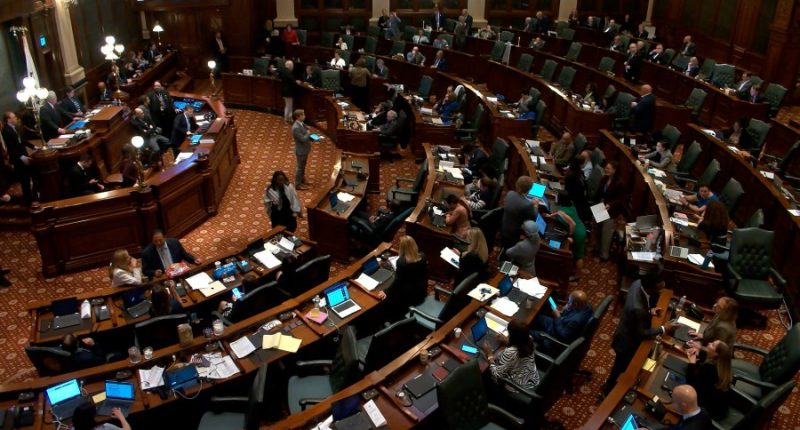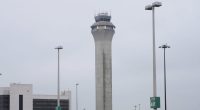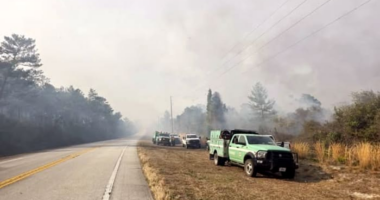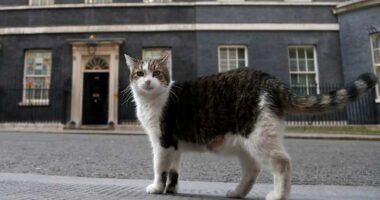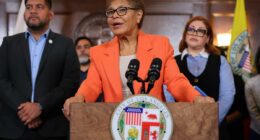Share this @internewscast.com

SPRINGFIELD, Ill. (NEXSTAR) — It was a race against the clock as lawmakers tried to pass a budget package before the midnight deadline.
Ultimately, they were able to get it done, getting the three branches of the budget package passed minutes before the start of June.
The budget outlines $55.2 billion in expenditures and is balanced with over one billion dollars from new tax hikes. In addition, Democrats plan to reallocate funds from specific areas, such as the road repair fund, to cover budgetary shortfalls.
Ultimately, this mirrors the spending level suggested by the governor in his February budget address. Budget leaders highlighted potential issues due to possible federal funding cuts.
“This is a balanced budget,” stated Lead House Budgeteer Robyn Gabel. “This is a compassionate budget. We are planning and preparing for what could be disastrous,” she added.
The budget fully funds the K-12 education obligation, but it will put a pause on a property tax relief grant program that was associated with K-12 funding.
It only gave higher education a 1% increase instead of the 3% originally proposed.
There is a significant cut to the number of state funded care hours that developmentally disabled people living in group homes get from the state. Experts in the field said the cut would amount to just over one less hour of care per person, per week.
It also cuts the program which gives non citizens between the ages of 42 to 64 access to state sponsored health care. The version of the program for non citizens over the age of 65 is getting 110 million dollars to keep operating.
Democrats went into budget negotiations having to fill a multi-billion dollar projected deficit, and they made a point of saying they would address potential cuts coming from Congress and the Trump Administration. Senate leaders said they did it without “broad based tax increases.”
“There are no broad based tax increases in this budget,” Lead Senate Democrat Budgeteer Elgie Sims said. “It’s not an increase in the in the individual or corporate income tax increase. What you’ll see is there are there’s a recognition that there are there are we try to make sure that individuals pay their fair share and the corporations who are the most prosperous but most profitable also pay their fair share.”
Instead, the budget will rely on a mixture of one-time revenue streams like tax amnesty programs and increases in certain “sin taxes” on the sale of cigarettes and vapes, and sports bets.
“Pass taxes, crush people to the point where they want to leave our state or support the working men and women of Illinois?” Senator Chapin Rose (R-Mahomet) said during People are going to go packing, and my guess is they are going to send you guys packing.”
Republicans were vehemently opposed to the budget, and they were incredibly frustrated with the process, as the full description of the proposed revenue plan did not come out until well into Saturday afternoon.
“They’re going to pass it through the House and pass it through the Senate in less than 9 hours,” Senate Minority Leader John Curran (R-Lemont) said before the vote. “That lack of transparency alone and that lack of being up with the people of Illinois should be more than enough reason for Governor Pritzker to veto.”
The budget negotiations were slowed even further, as a totally separate revenue package full of tax increases was attached to the public transit reform legislation.
In order to solve Chicago public transit’s looming fiscal disasters and get downstate public transit systems the money to build out services further, Senator Ram Villivalam included a new delivery tax — referred to as an Environmental Impact Fee in the bill. The new tax would have charged a steady $1.50 Fee to all deliveries in the state, excluding deliveries of only medicine or groceries. They also considered a new rideshare tax on companies like Lyft and Uber in the transit fix. But the wheels fell off of transit talks, and the proposals did not pass.
Ultimately, democrats were able to get the budget done, but there are still plenty of questions left to answer as they go into the summer. There is the possibility lawmakers come back later in the summer to address potential federal cuts, and that became even more likely now that they did not pass any form of transit reform.
